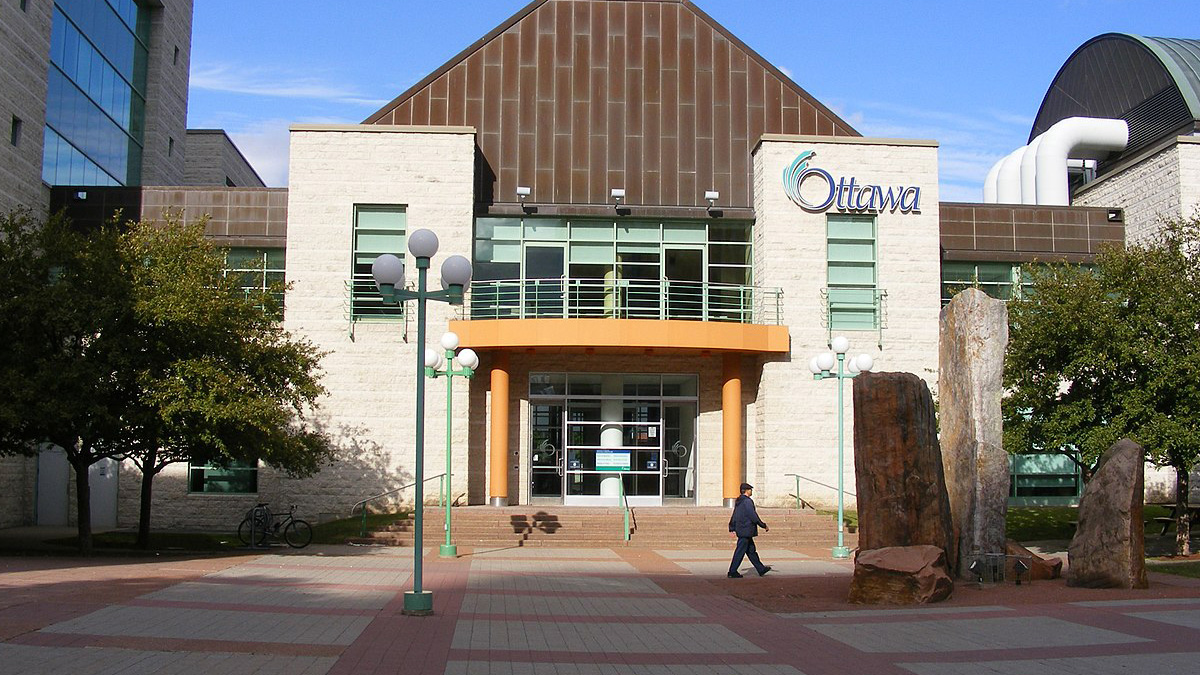The Ottawa Aboriginal Coalition (OAC) gave city councillors an update on its plan to address Indigenous housing and homelessness, which the coalition acknowledged is ambitious and requires systemic changes.
“Ottawa is a place of belonging for indigenous people,” Mikki Adams, the coalition’s co-chair told the Planning and Housing Committee Oct. 23. “The OAC vision is a place of belonging for our indigenous people here in Ottawa.”
Adams said while housing is the focus, the main idea of this strategy is simply to allow Indigenous people to feel seen and safe.
“Provid(ing) a safe space for the community in Ottawa (is the goal). This includes housing and mental-health services,” she said.
As part of the City’s 10-Year Housing and Homelessness Plan, Ottawa and the OAC entered into an agreement in September 2022 that allocated $80,000 in funding for the development of a strategy to end Indigenous homelessness.
They have partnered with different organizations such as the Sandy Hill Housing Co-operative, Ottawa Community Housing, and have been working with the federal government on using surplus land.
“(The) creation of 1,000 new homes in Ottawa by 2034,” is the hope, said Marc Maracle, the Executive Director of the Gignul Non-profit Housing Corporation.”
When asked if the goal of 1,000 homes was unrealistic, Maracle said, “if you want to do something to make real change, you (have) to dream big.”
OAC wants to “move away from simply warehousing people into shelters,” Maracle said.
Through this development, the OAC has identified the key projects that need to be implemented in Ottawa. These have been focused into three big initiatives.
The first is to create a shelter specifically for Indigenous women who are facing violence. The city has approved this building, and meetings have been held with the Indigenous community to ensure that their thoughts on the building are heard.
The second is to focus on Indigenous well-being workers. These would be workers who focus specifically on wellness and creating supportive interventions.
The third is for family healing lodges to be built. The idea for these is to be spaces where women can focus on healing themselves and will also allow them to bring their children. OAC has applied for $10 million in funding. The last time they applied for it they lost in the last round, but they have plans to apply again this fall.
Maracle says the overall goal is to foster a community in which Indigenous people feel safe.
“We have a vision that includes the building of an Indigenous housing hub that includes housing, a range of services and I would say commercial opportunities and lots and lots of trees. It would address a lot of cultural connections we seek,” he said.
A city staff report noted that in 2021, 32 per cent of those facing homelessness in Ottawa identified as Indigenous. The OAC believes that number is much higher when factoring those who do not self-identify as Indigenous.
OAC also conducted a survey during COVID-19 that 7,100 homeless Indigenous people responded to. Two thirds of respondents said they had lost someone to either suicide or COVID-19.
Somerset Councilor Ariel Troster said this link must be addressed.
“I don’t think people appreciate the degree to which trauma intersects with addiction and homelessness. Especially with the far too high representation of Indigenous folks on our street,” she said.
In the report presented to council, OAC said 92 per cent of Indigenous people who needed permanent housing also stated they needed support for their mental health, ongoing medical conditions, and addiction.
Committee members received the report without any objections.




